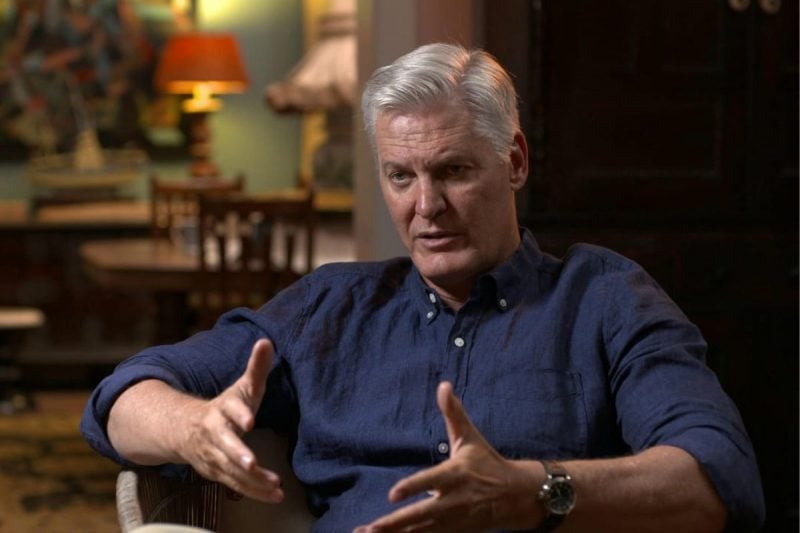
Eskom’s Ongoing Battle Against Corruption
Eskom’s current chairman, Mteto Nyati, has stated that the utility’s board has yet to find any evidence of organized crime syndicates, despite allegations made by former CEO André de Ruyter regarding massive corruption and maladministration within the company.
Former CEO’s Alarming Claims
During a 2023 interview, De Ruyter made significant allegations about widespread corruption and maladministration within Eskom during his tenure from January 2020 to December 2022. He estimated that Eskom was losing approximately R1 billion monthly due to corruption, describing it as a conservative figure.
De Ruyter further revealed that he commissioned a privately funded forensic investigation in January 2022, engaging George Fivaz Forensic and Risk (GFFR), at a cost of around R17.1 million. The investigation aimed to uncover organized crime activities targeting Eskom, particularly in Mpumalanga.
The report’s findings suggested the existence of at least four cartels – the Presidential Cartel, the MeshKings Cartel, the Legendaries Cartel, and the Chief Cartel – each allegedly controlling specific power stations. De Ruyter also claimed that some of these cartels had an interest in Transnet and were involved in assassinations in Mpumalanga.
Investigating Corruption and Cartels
However, the legitimacy of De Ruyter’s claims and the report he commissioned have been called into question. The Special Investigating Unit (SIU) accused De Ruyter of maladministration, stating that he lacked the necessary authorization from the Eskom board to commission such an inquiry.
The SIU also raised concerns about the involvement of external entities like Business Leadership South Africa and GFFR in investigating a state institution without proper authority. Eskom’s current board has appointed an independent legal firm to review the private intelligence dossiers gathered through De Ruyter’s investigation.
Eskom stated that it does not have access to the information gathered through the investigation and that the legal team is consolidating the findings to aid in identifying matters for further investigation. The team is also comparing these findings to matters already under investigation to optimize remediation efforts.
Addressing Corruption and Ensuring Accountability
While De Ruyter’s claims are being investigated, Nyati emphasized the board’s commitment to addressing corruption and ensuring accountability. He stated that the board has found evidence of corrupt individuals linked to external contractors, rather than organized crime syndicates.
Nyati noted that this shift in focus is crucial in avoiding generalizations about Eskom Es employees. He emphasized the majority are honest and committed to their work. The board has established a project management unit to drive consequence management, collaborate with agencies like the SIU and police, and investigate fraud and corruption.
This unit is utilizing artificial intelligence and related technologies to monitor and identify individuals involved in corruption. Additionally, they are creating a clearer picture of what is happening within the organization. Eskom’s latest results highlight numerous incidents of corruption and maladministration, including procurement and recruitment irregularities, failure to declare conflicts of interest, and other corrupt and fraudulent activities.
Tackling Corruption: Efforts so Far
Eskom’s latest results indicate that over the last financial year: 7,132 incidents were registered through reporting channels for assessment; 380 cumulative cases were under investigation at year-end; 195 new cases were registered for forensic investigation; and 120 forensic investigations were concluded.
Despite these efforts, Eskom admits that its forensic investigations have revealed recurring themes similar to those of previous years. The company emphasizes the importance of cooperation with external investigations and inquiries related to these matters.
This ongoing battle against corruption within Eskom highlights the urgent need for effective measures to prevent and address these issues. The organization is working towards creating a clear, non-corrupt work environment, but much work remains to be done in this regard.




